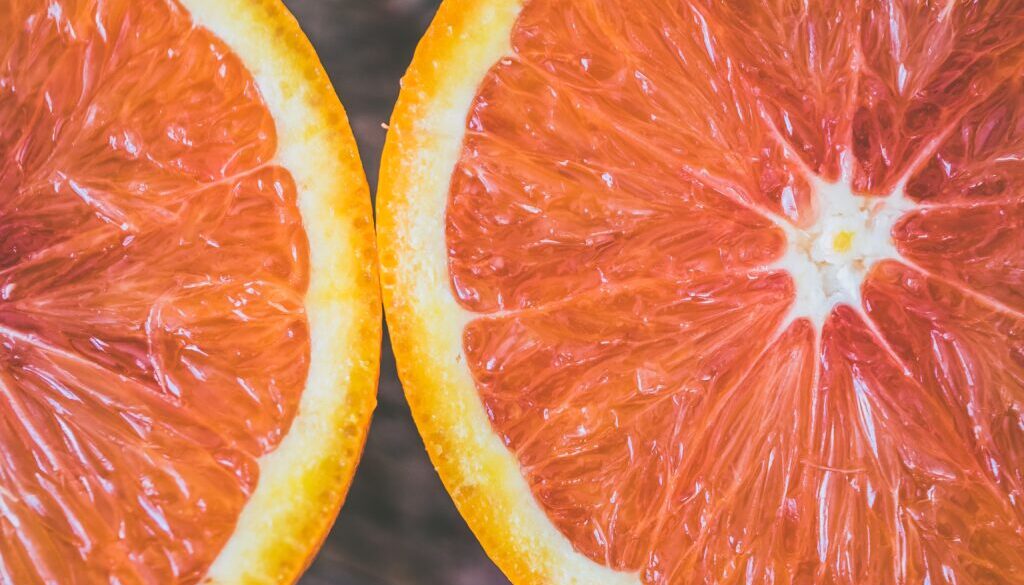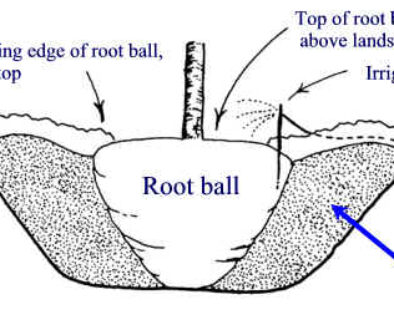How To Improve Your Citrus Fruit Quality
Love your citrus trees even more by growing tastier fruits. There are steps you can take to make your citrus fruits taste better.
Fertilize for good-tasting fruit
Fertilizing your citrus tree correctly is the key to good-tasting fruit. Different citrus varieties require different amounts of fertilizer. For simplicity, use a citrus mix fertilizer to fertilize your citrus trees three times a year. Feed oranges, mandarins and grapefruit in January/February, March/April and May/June. Fertilize lemons and limes in January/February, March/April and August/September.
To calculate the right amount of fertilizer to apply to your trees, use this citrus tree fertilizer chart from University of Arizona Cooperative Extension. Always follow package instructions carefully.
Give your tree enough water
Properly watering your tree is the next most important factor for growing good fruit. Ideally, you would water your citrus tree deeply and evenly, at times when a moisture meter reads moist at 6 inches below the soil surface. This method accounts for the water-holding capacity of your specific soil and avoids detrimental salt buildup.
Generally, citrus trees consume more water in spring than in fall. Different varieties of citrus trees have different needs. To give you an idea, grapefruit and lemon trees require 20% more water than orange trees, while mandarins require 10% less, according to University of Arizona research. Also noteworthy is that citrus trees planted in grass or with ground cover need 20% more water than trees in bare soil. This is because the grass limits the amount of water that reaches the tree’s roots. Use the number of drip emitters with a flow rate that best matches your desired total water application rate (via frequency and duration) for your tree’s needs.
Both underwatering and overwatering can negatively affect citrus quality. Good practice is to learn from this irrigating citrus trees guide how much water your citrus tree variety needs, and then watch your tree for signs of water stress in dry periods and limit overwatering during wet weather.
Other issues that can affect your fruit quality
If you are applying the right amount of fertilizer and water and your fruit still tastes bad, you may have other issues with your tree. Since most commercially available citrus trees are grafted onto rootstock, it’s possible that the part of your tree producing bad-tasting fruit could be a growing from the rootstock instead of from above the graft, which is a thicker, scarred section of trunk near the base of the tree.
Another good clue is that sucker branches growing from the rootstock usually have more spines than the branches growing from above the graft (also called the bud union). Suckers should always be pruned off. If a sucker grew into a mature leader on your citrus tree, that part of the tree will never produce good fruit, and you probably need a new tree.

Soil and water salinity can also affect the quality of your citrus fruit. Refer to our blog on soil testing for more information on laboratories that can measure salts in your soil or water.
It’s also possible your citrus tree has a disease. You can consult with a nursery professional or local cooperative extension office about the various symptoms your tree is showing.







